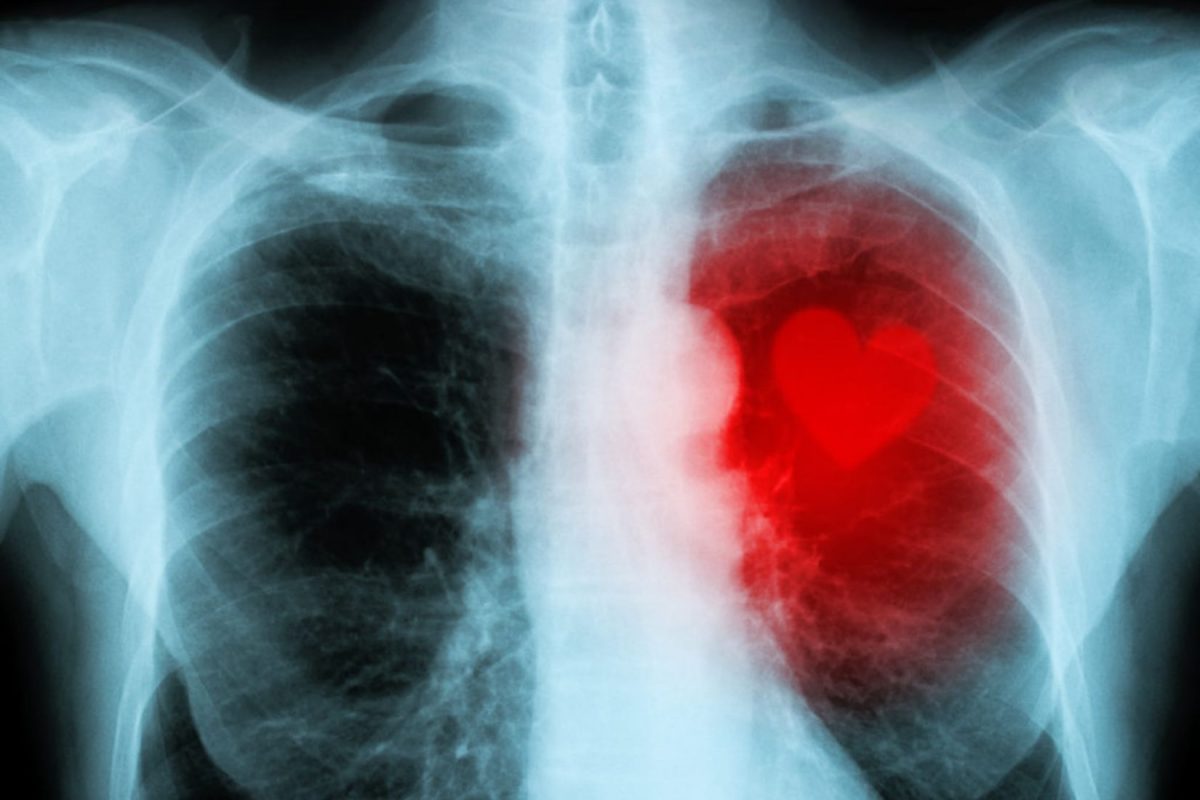
Heart disease in its many forms is the leading cause of death in the developed world. According to a recent report by the World Health Organisation, an estimated 17.3 million people died from cardiovascular diseases (CVDs) in 2008 and by 2030 this number is predicted to rise to 23.6 million. In the UK, British Heart Foundation research shows that cardiovascular disease accounts for 28% of premature deaths in men and almost 20% of premature deaths in women. It is one of the main causes of death in people under 75.
Behavioural risk factors such as smoking, unhealthy diet and alcohol abuse are believed to be responsible for 80% of coronary heart disease and cerebrovascular disease. Moreover, these behaviours result in increased body weight, elevated blood pressure, dyslipidaemia, insulin resistance, and hyperglycaemia. These effects are associated with the development of atherosclerosis, which is the main underlying cause of heart attack, stroke, and peripheral vascular disease.
Oxidative stress and inflammation are widely recognized as contributing factors to atherosclerotic CVDs. The use of antioxidants such vitamin E, vitamin C and beta-carotene as preventive therapies for CVDs has yielded mixed results. This is why natural Astaxanthin, which is a much stronger antioxidant that also exhibits anti-inflammatory properties, is now being investigated as a promising compound for protecting against atherosclerotic CVDs.
Studies have shown that natural Astaxanthin reduces oxidative stress and inflammation, improves lipid profiles, promotes better blood flow in capillaries and lowers blood pressure in hypertensive individuals. Importantly, no adverse effects have been reported in these studies.
Diabetes mellitus is a worldwide epidemic that is critically linked to the prevalence of obesity. More than 220 million suffer from diabetes, and by the year 2030 the figures are expected to grow to 360 million. Diabetic complications may lead to heart disease (approximately 65% of death amongst the diabetic patients), blindness, kidney failure and amputations. Even though we cannot evade type I diabetes which is influenced by heredity, fortunately type II diabetes is preventable by, for example, making dietary changes, taking nutritional supplements and exercising.
Type II diabetes is a problem that causes blood glucose level to rise higher than normal, and the body cannot use insulin properly. This is called ‘insulin resistance’ which is induced by the increment of intracellular oxidative stress generated by TNF- (inflammatory cytokine) or palmitate. The study indicated that natural Astaxanthin ameliorates insulin resistance by restoring insulin-induced Akt phosphorylation attenuated by TNF- or palmitate.
Furthermore, natural Astaxanthin likewise supports insulin activity by promoting the membrane translocation of GLUT4 in order to reduce blood glucose and suppressing the phosphorylation of stress kinases to inhibit the negative feedback of the insulin signal.
Dr Irwin Rosenberg coined the term ‘sarcopenia’ in 1988, which was instrumental in highlighting a pathological condition that has serious consequences to individuals and society. Sarcopenia is the progressive loss of muscle mass or quality characterized by a decline in muscle strength and/or performance.
Sarcopenia has a significant clinical impact and affects a patient’s quality of life as a result of a decline in mobility and independence. Most people begin to lose muscle mass and function after the age of 30. However, the resulting loss of muscle strength increases exponentially with age. Recent estimates indicate that approximately 45% of the older population is affected by sarcopenia.
While the causes and mechanisms of sarcopenia are not completely understood, inadequate nutrition and physical inactivity are known to influence the metabolic imbalance of proteins in skeletal muscle. Moreover, elevated levels of free radicles and chronic inflammation during ageing make it more difficult to meet adequate dietary and nutritional needs.
In addition to diet and exercise, scientific literature suggests that antioxidants may be helpful in the management of sarcopenia. The use of antioxidants to reduce free radicle levels has been widely advocated. The powerful antioxidant and anti-inflammatory capabilities of natural Astaxanthin to reduce free radicle levels and decrease chronic inflammation can have a direct and positive effect on protein synthesis and mitochondrial oxidation, which in term helps to manage sarcopenia.
Many of these conditions do not start to impact people until they are older, so having healthy habits such as eating well, being active and taking high quality supplements that contain ingredients like natural Astaxanthin are all good ways to protect yourself from suffering from age-related ill health.
At Ingenious we include natural Astaxanthin in all our supplements. In addition to helping protect us from various diseases and ill-health, Astaxanthin has been shown to:
We have a range of Ingenious supplements. Discover all about their benefits.